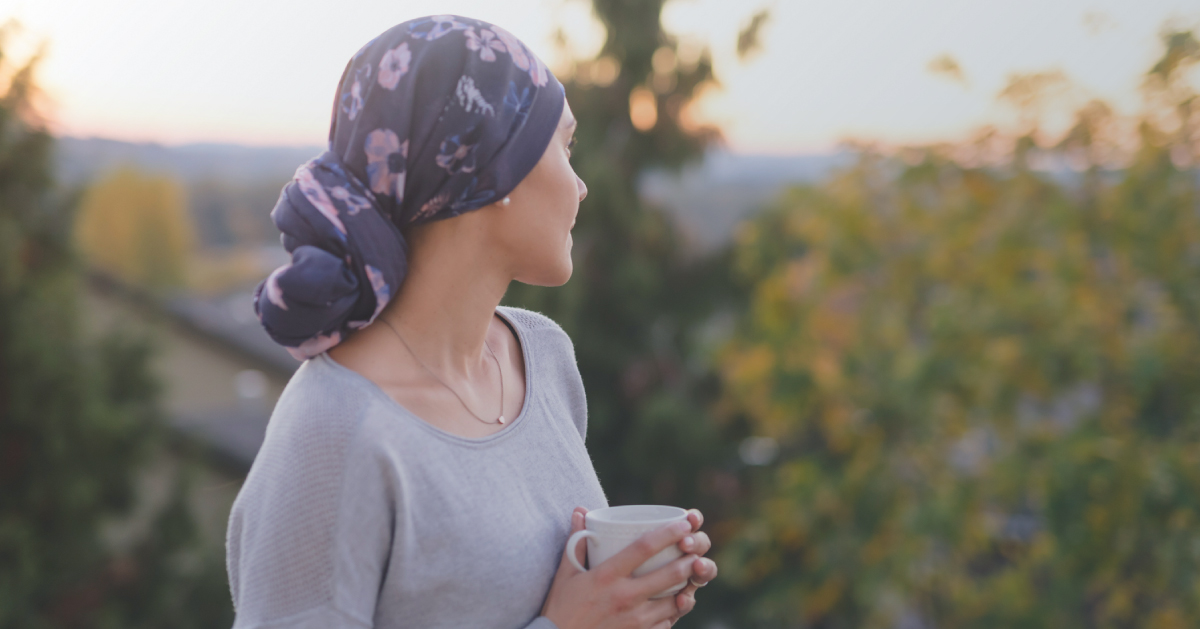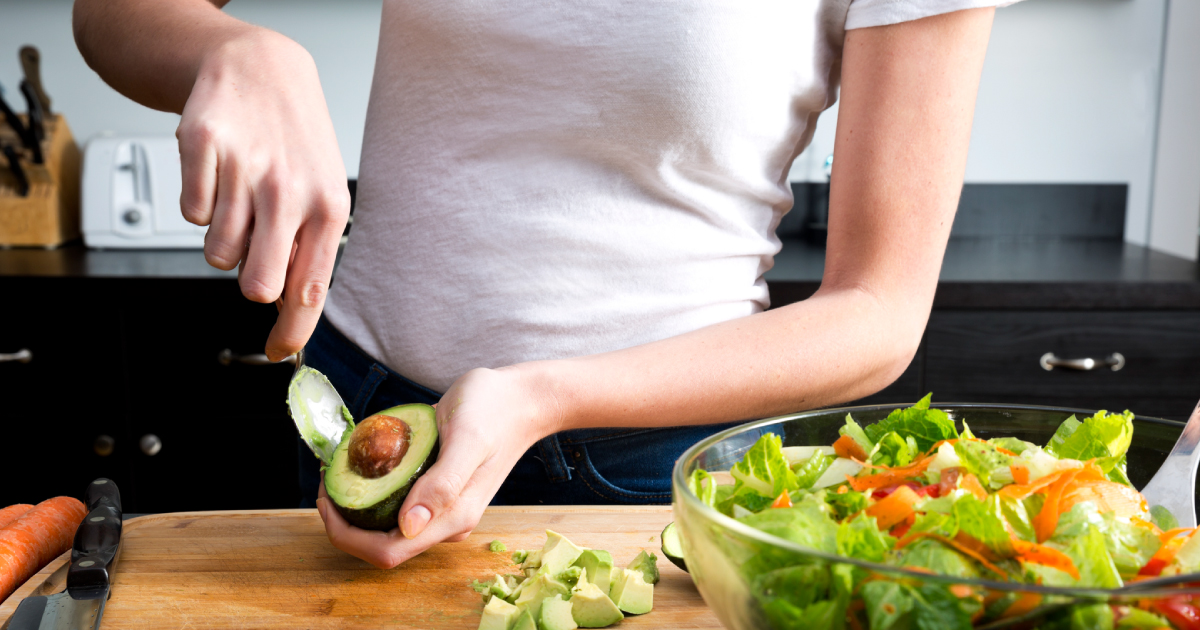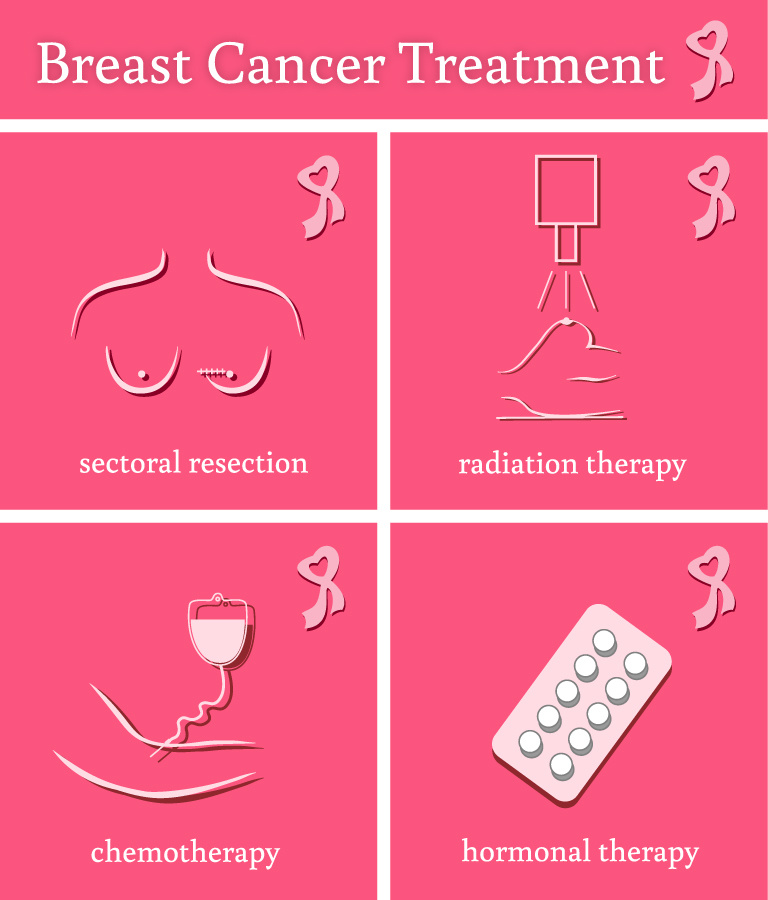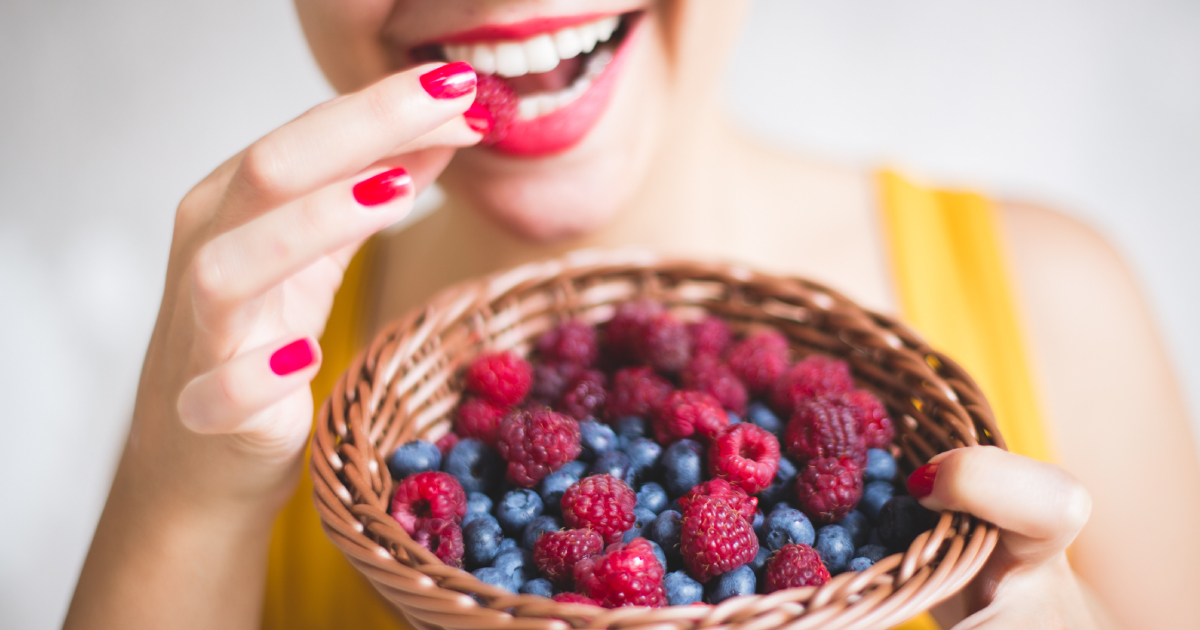
Receiving news of a breast cancer diagnosis can be devastating. We as a society have made great strides in the early identification and treatment of breast cancer, but many uncertainties remain that persist through the process.
Some of the most common questions that people have following a breast cancer diagnosis include:
- What stage is the breast cancer?
- What is my prognosis?
- What will treatment look like?
- How will I feel during the treatment process
- How will my life change going forward?

In order to support the recovery process, it is essential to prepare your body for the side effects of interventions such as radiation and chemotherapy. You should try to prepare your body fully for the biggest fight of your life. One of the best ways to supplement your treatment plan is through the utilization of holistic nutrition.
What Is Holistic Nutrition?
At its core, holistic nutrition is a practice that seeks to address the health of the individual as a whole. On the one hand, nutrition enhances overall health and mitigates risk of disease through the development of dietary habits and an understanding of health as a combination of physical, mental, emotional, environmental, and spiritual factors. Holistic nutrition is a discipline that addresses all of these factors to enhance your overall health while reducing risk of future disease.
A holistic nutrition professional can provide you with valuable advice, such as:
- How to eat to promote an overall healthy lifestyle
- Which foods to eat to target or minimize certain symptoms, such as those experienced during breast cancer treatment
- Foods to avoid while undergoing breast cancer treatment

It is important to understand that holistic nutrition supports a breast cancer treatment plan; it doesn’t replace it. Evidence-based interventions such as chemotherapy and radiation remain the most effective treatments for breast cancer.
However, holistic nutrition works to support a treatment’s efforts through addressing a person’s unique needs and creating an individualized plan based on an individual’s needs and other factors. Since disease can manifest a little differently in each person depending on their unique risk factors, there is no one-size-fits all approach to practicing holistic nutrition.
How Holistic Nutrition Works to Support Breast Cancer Treatment
Modern medicine has improved the prognosis of those who receive a breast cancer diagnosis through treatment such as:

- Tumor removal
- Chemotherapy
- Radiation
- Hormone therapy
Though these mechanisms are effective in the remission of cancer, they also have negative side effects. Chemotherapy and radiation, for example, can attack healthy cells and tissues in addition to cancerous ones, putting the body under a constant state of stress.
A body undergoing breast cancer treatment works to continually heal itself, while shouldering the side effects of medications and radiation. Holistic nutrition works to address some of these side effects. It tailors nutrition to heal the whole body and keep it healthy enough to continue fighting throughout the breast cancer treatment process.
Researchers have long understood that eating certain foods or preparing meals a certain way can be carcinogenic. It seems logical that minimizing carcinogenic foods while supporting the body with foods known for their positive effects can help the body fight the cancer and even mitigate future disease risk. This forms the basis for holistic nutrition.
Foods That Support Breast Cancer Treatment
A holistic nutrition plan functions best when it is tailored to an individual’s needs, as well as the medical condition a person is experiencing. As such, it is difficult to pinpoint an exact treatment plan that will support an individual’s fight against breast cancer. However, research shows that certain foods and micronutrients can be generally effective in helping a person with cancer build strength and recover more quickly from the side effects of cancer treatments.
The Role of Protein in Breast Cancer Treatment
In general, foods rich in protein have been shown to promote tissue recovery and promote a healthy immune system, but not all protein is created equally. Some forms of protein, such as cured types such as lunchmeats and bacon, can be carcinogenic and therefore should be avoided. Protein should be lean, mostly plant-based, and may include:
- Nut and seed butters
- Beans and legumes
- Soy
- Dairy products such as cheese, yogurt, and milk
- Meats such as grass fed beef and sustainably sourced fish and poultry

Include Healthy Fats
A diet rich in healthy fats can be essential for brain and overall health. In fact, Omega 3s have been shown to reduce the risk of breast cancer. Foods that are high in Omega 3 fatty acids include:
- Avocados
- Whole vegetable oils such as avocado, canola, and olive oil
- Certain nuts and seeds such as walnuts and chia seeds
- Salmon and other “oily” fish such as sardines
Eat a Rainbow of Fruits and Vegetables
“Eating the rainbow” is one of the best ways to ensure you consume essential micronutrients, especially antioxidants. The role of oxidative stress in the development of diseases like cancer is well documented, and antioxidants play an integral role in reversing the effects of oxidative stress. Choose fruits and vegetables that are high in antioxidants, such as:
- Berries, especially strawberries, blueberries, blackberries, and raspberries
- Dark cherries
- Broccoli
- Carrots
- Kale
- Grapes and raisins
- Kiwi
- Pomegranate
When eating fruits and vegetables to support breast cancer treatment, keep some general guidelines in mind:
- Choose organic options whenever possible, which minimizes exposure to potentially carcinogenic pesticides
- You can eat fruits and vegetables fresh, canned, or frozen, but choose BPA-free cans and products packed in water, not heavy syrup.
Keep Your Grains Whole
Whole grains can play a vital role in a healthy diet. Grains are whole when they are not processed or stripped of their original fiber or other nutrients. Examples of healthy whole grains include:
- Brown rice
- Whole grain, no sugar added bread
- Whole wheat or alternative grain pasta
- Oatmeal
General Diet and Preparation Tips for Fueling Breast Cancer Treatment
While adding plenty of healthy foods can help support breast cancer treatments, there are also foods and preparations that you should avoid to mitigate disease risk. For example:
- The preparation of certain foods can produce carcinogens that sabotage your treatment efforts. Examples include processed and cured meats, charring or blackening food, grilling, smoking, and pickling.
- Minimize added sugars. Added sugars have no nutritional value and put you at risk for excess weight gain. The link between obesity and several different types of cancers, including breast cancer, is well documented.
- Do not consume alcohol during breast cancer treatment. Your body is already under stress and your immune system is compromised. Alcohol consumption can further depress your immune system and cause oxidative stress, which puts you at higher risk for future disease.
Beneficial Micronutrients for Breast Cancer Treatment Support
Antioxidants play an important role in the prevention of cancer. They act as the body’s main defense against free radicals and reactive oxygen molecules, which are directly correlated to DNA damage and the resultant mutations that can lead to cancer.
Micronutrients such as carotenoids, Vitamin C, and Vitamin E trap free radicals and ultimately reduce risk of breast cancer and other cancers. Some of the most important micronutrients to aid in the fight against breast cancer include:
- Vitamin E. There are not many natural sources of this essential antioxidant, so supplementation can be helpful. It is essential, however, to choose a high-quality formulation and follow dosing instructions exactly, as Vitamin E is fat soluble and high levels in the body can actually be toxic.
- Vitamin C. Plentiful in fruits and vegetables, high levels of Vitamin C have been shown to cause a protective effect in the treatment of breast cancers. Studies show that Vitamin C supplementation during treatment can promote biochemical functions that fight against breast cancer.
- Selenium. This important antioxidant may actually reduce the risk of future breast cancers. It also can help mitigate some of the side effects of chemotherapy and radiation, such as hair loss, abdominal pain, and loss of appetite.
- Beta carotene. A type of Vitamin A, beta carotene and other carotenoids may reduce the risk of recurrence of breast cancer. Orange and yellow fruits and vegetables are generally a good source of carotenoids, including beta carotene.

Observing Holistic Nutrition to Support Breast Cancer Treatment and Prevent Recurrence
If you’re not sure where to begin in developing a holistic treatment plan to support your body’s fight against breast cancer, eating an overall healthy diet is a good place to start. Consume plenty of organic fruits and vegetables, lean and plant-based sources of protein, and healthy fats. Nuts, seeds, legumes, and whole grains contain fiber and micronutrients that can sustain your body’s fight against cancer, while protein helps promote cell turnover and healing of tissues.
At the same time, certain foods and preparations are best avoided during cancer treatment and beyond. Limit consumption of alcohol and added sugars, as well as carcinogenic preparations such as grilling, charring, smoking, and curing. Highly processed foods have little nutritional value and can contribute to excess weight gain, which in itself is a risk factor of future cancer.
Finally, it is essential to understand that every person is unique. Breast cancer arises from a combination of different factors, including family history, genetics, environmental factors, diet, and even other diseases. As such, an individualized approach to holistic nutrition is essential. A licensed practitioner can help you understand the unique factors that contribute to your health and whether or not supplementation is right for you.
Your fight against breast cancer will likely be one of the most challenging of your life. Your physicians and holistic nutrition practitioner can help you develop the tools, skills, and healthy lifestyle habits to support your fight and prevent future recurrences of breast cancer.

Support Women’s Health
Chief Operating Officer, The Compounding Pharmacy of America
Matthew Poteet, Pharm.D. graduated with Honors from Lee University with a Bachelors of Science in Biological Science. After his undergraduate training, he completed the Doctor of Pharmacy program at Mercer University Southern School of Pharmacy, graduating in 2004. Dr. Poteet has spent much of his pharmacy career on staff at two of the most prestigious academic teaching hospitals in the Southeast; Emory University in Atlanta and Vanderbilt University Medical Center in Nashville. At these institutions he received extensive experience and training in sterile products compounding.
He returned home to East Tennessee in 2010, where he has held the position of Pharmacy Director at two sterile products pharmacies in Knoxville. Matthew lives in Knoxville with his wife, Chris. Dr. Poteet is Tennessee’s first Board Certified Anti-Aging Pharmacist by the American Academy of Anti-Aging Medicine.
 Subscribe to Our Newsletter
Subscribe to Our Newsletter


